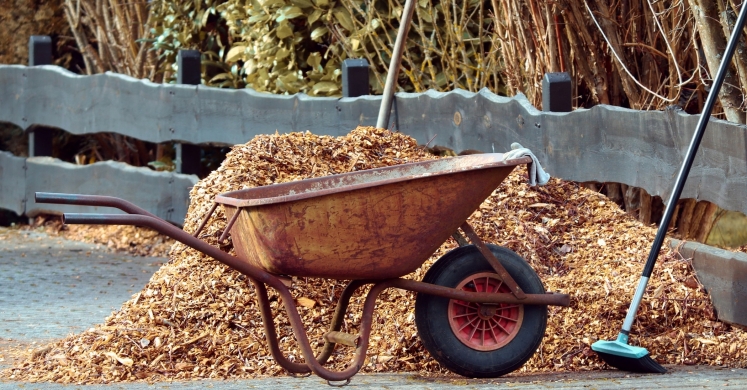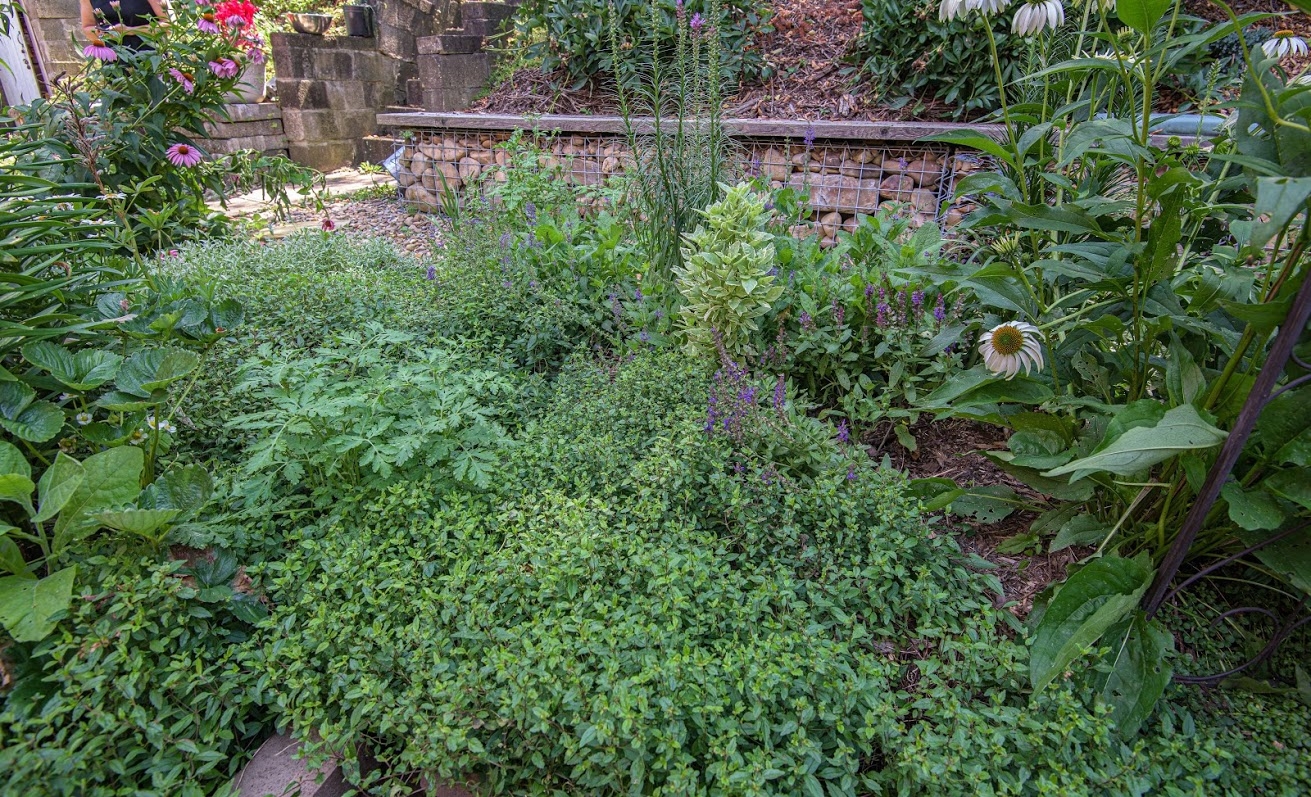Phipps Stories

Ask Dr. Phipps: Mulch on Our Minds
Have a question about your perennials, houseplants or turf grass? Worried about pests in the garden, hydrangeas that won't bloom, or tomatoes that died on the vine? Dr. Phipps can help! Ask Dr. Phipps is a free service provided by Phipps Master Gardeners. Contact us with your questions and you may be featured in an upcoming blog post!
Q: What might be a safe mulch to use under some rhododendrons in order to reduce weeds?
A: The best information you'll get is on the Rhododendron Society's website. Avoid peat mulch — it takes a long time to make and it comes from peat bogs, which aren't very sustainable sources for soil amendments.
Pine needles would be a good source of the acidity rhododendrons need. Shrubs in the rhododendron genus do not require much fertilizer to thrive, and they react poorly if you give them too much. The acidity in an inch or two of pine needles will also hold weeds back. If you want more of a full-proof barrier, consider a biodegradable weed fabric or layers of newspaper/cardboard underneath the pine needles — this will stop weeds but also allow rain water to flow through to the ground. It is also wise to mulch about an inch away from the trunk of your rhododendron in order to keep pests away.
Q: What is the most environmentally friendly, sustainable mulch to use on my garden beds?
A: Pretty much anything that isn't cypress is good. Some other points to consider:
- Cocoa husk mulch is poisonous to dogs.
- Rubber mulch is reused material that doesn't break down, but mulches that don't break down also don't feed your garden. Although it will provide drainage, other materials could be leaching from that rubber, such as heavy metals and other chemicals.
- Making your own leaf mulch/compost is probably the most economic and eco-friendly way to do it. That way you know that no herbicides or other chemicals have been used. This is especially important if you are growing food products.
Additionally, it is important to understand why you are adding mulch to your garden. As noted above, mulch has many positive benefits. It can minimize weeds, maintain soil moisture, increase fertility and add beauty. But all mulch sources (except rubber mulch) will decompose over time and you may end up reapplying mulch yearly.

Another solution is to develop "living mulch" (or dense ground cover plants) that will reduce competition from weeds, maintain soil moisture, increase fertility and add beauty, all without the work and cost of buying and reapplying mulch each year. Our favorite ground cover/mulch plants are wild strawberries (Fragaria virginiana), white clover (Trifolium repens), lamium and creeping speedwell (Veronica repens). Depending on the ground covers that you select, you will gain some added benefits such as edible fruit (from strawberries), nitrogen fixation (clover), and flowers and food for beneficial insects (lamium and creeping speedwell).

